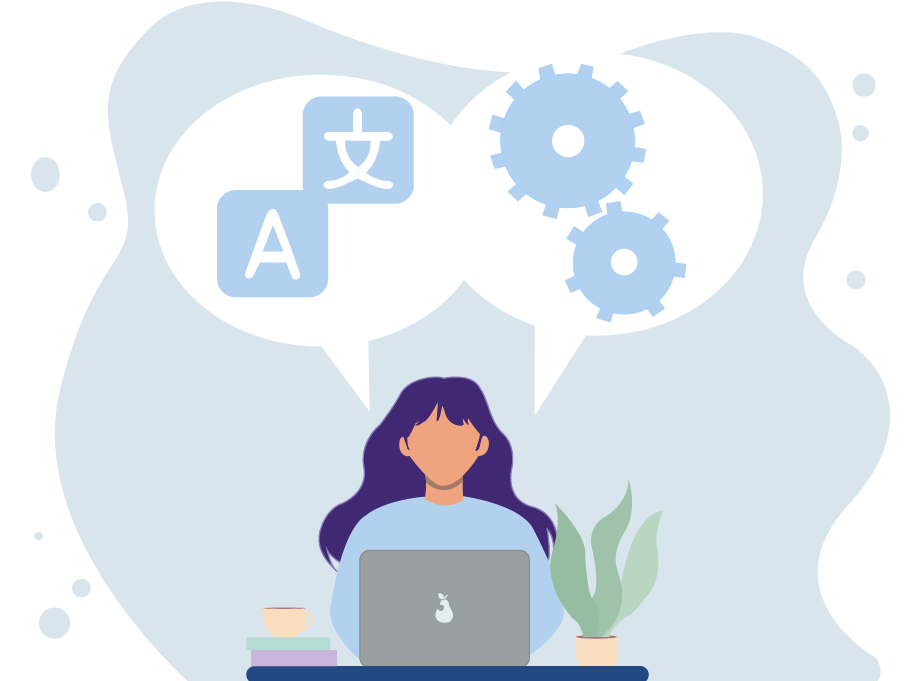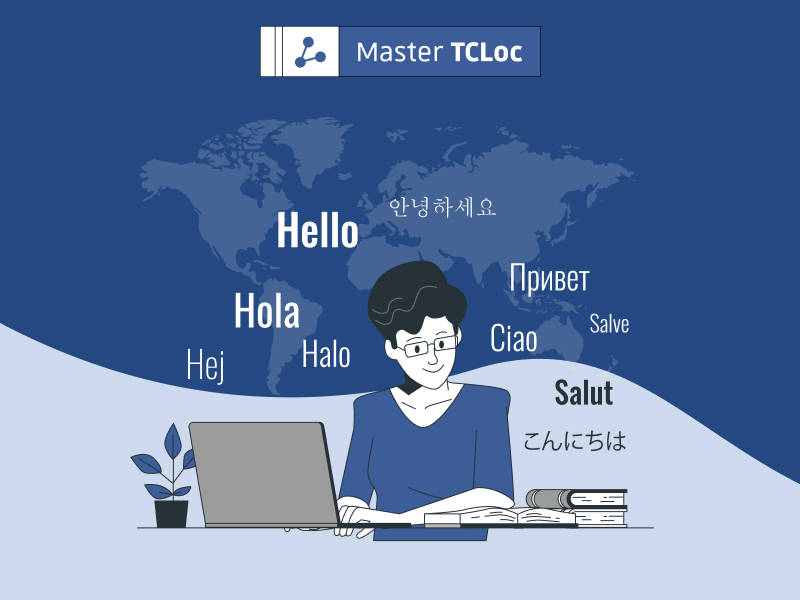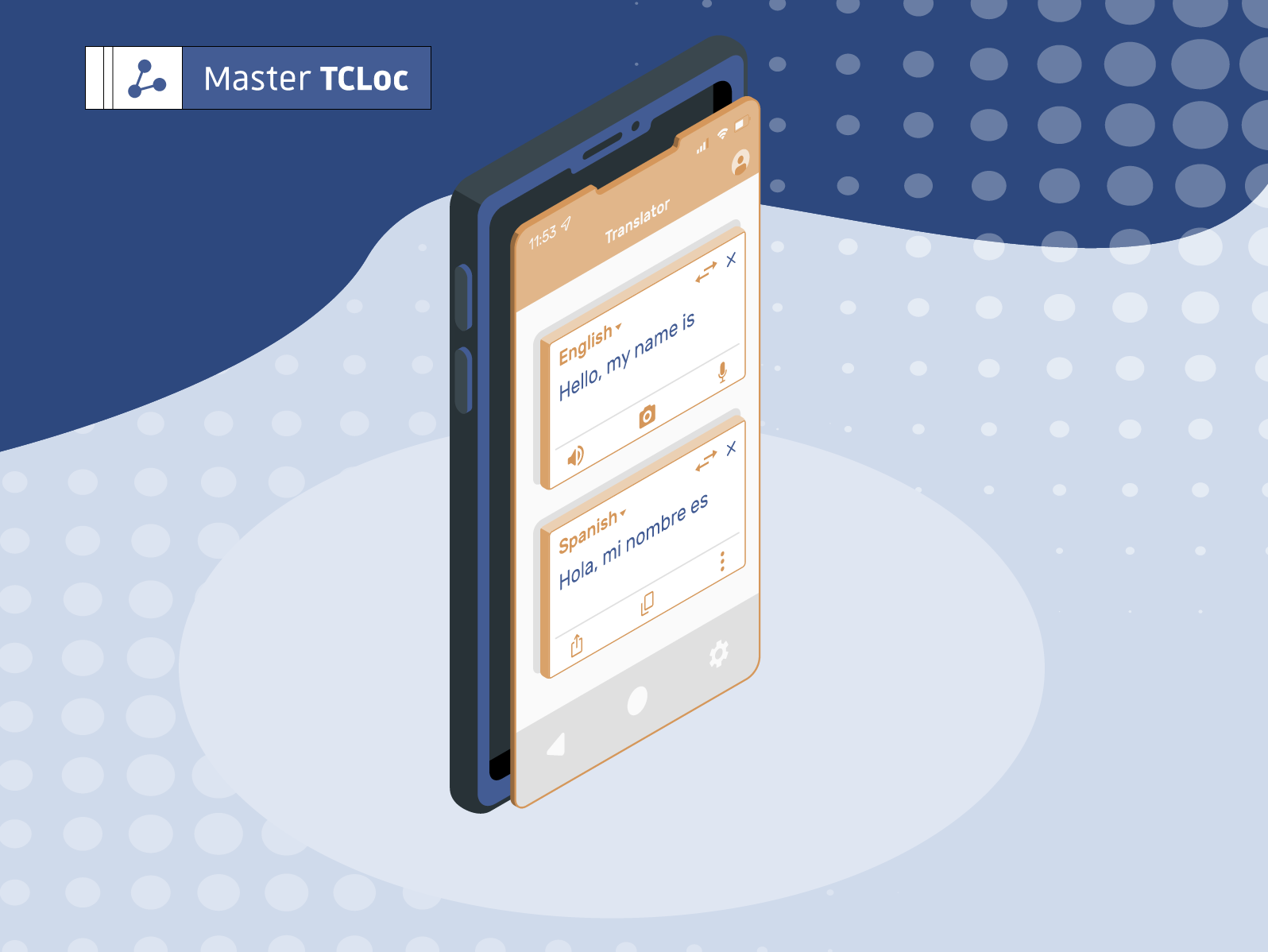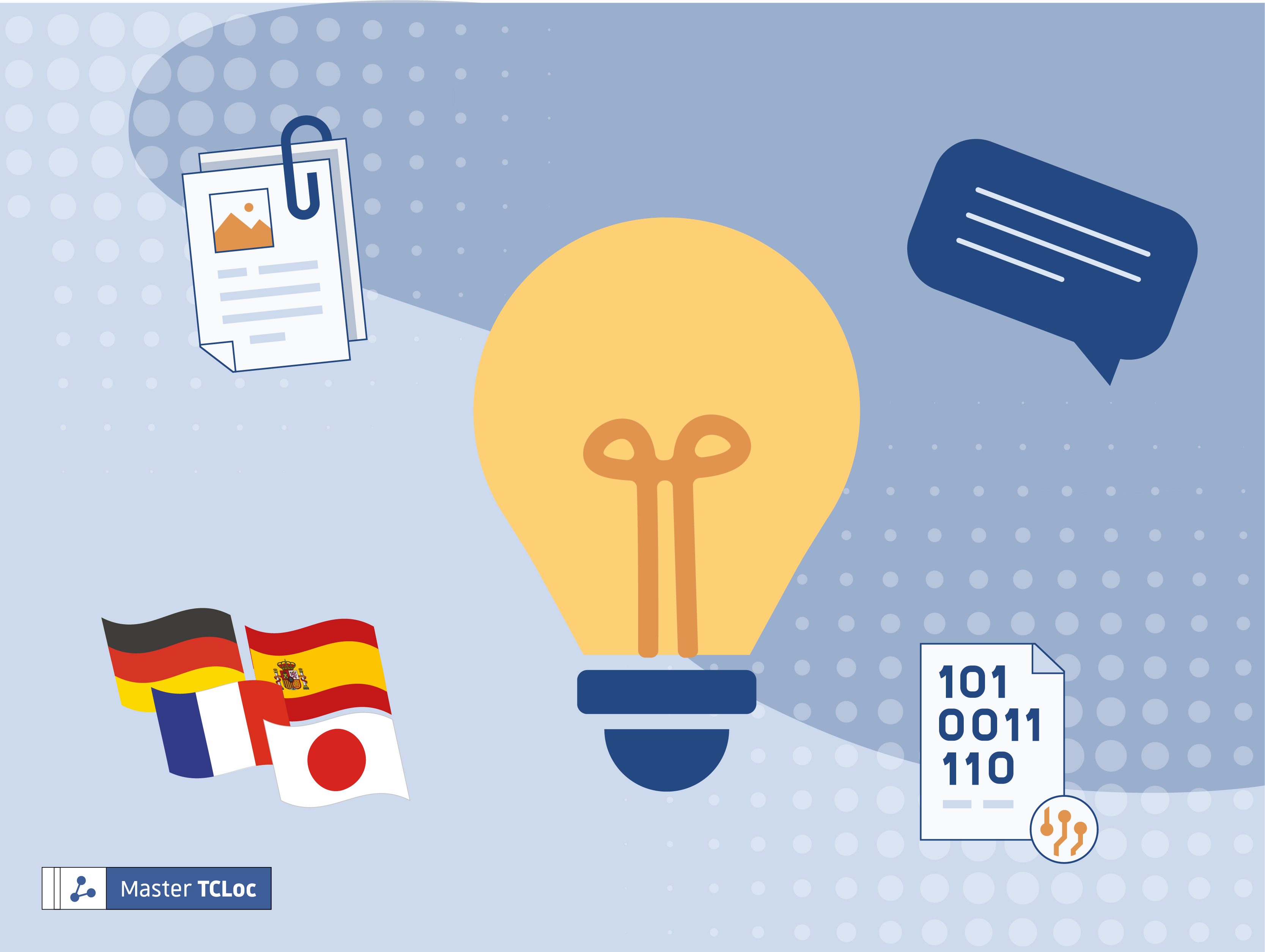Even though many translators work in technical writing, most people don’t think of them as an obvious choice when looking to hire for their technical documentation team. So what translation skills do language lovers already have that make them perfect candidates for jobs in technical communication?
The term technical communication says it all
For a detailed description of what technical communication is, have a look at how tekom, the European association for technical communication, defines the term. Let me just say that it is much more than just the documents describing and explaining the use and functionality of a product, such as parts lists, schemas, how-to guides, or user manuals. Product documentation produced nowadays comes in various shapes and sizes, for example in the form of video tutorials, screencasts, mobile apps, online documentation and chatbots tailored to the needs of the user. The focus lies on communication, on getting the relevant information to the user as effectively as possible.
Translators are essentially communicators; they just happen to communicate across different languages. The key here is expressing a message in such a way that your audience will understand, and the same is true for technical documentation. Technical writing skills often require the writer to “translate” specialist expert knowledge on the operation of a certain product into a language that is understandable to the end user, who is often a lay person. You could say that technical communication is, in its own way, a kind of translation. Therefore, it does not come as a surprise that many students of the TCLoc program have professional experience in translation. But here are a few more skills that translators share with technical writers:
They are good researchers
Translators know that to be able to get a message across in another language you must have a thorough understanding of the topic at hand. They know how to do research and find out everything there is to know about a certain process (in at least two languages). Translators are curious and used to asking a lot of questions. They will find out how experts talk about a subject and how to differentiate technical jargon from official terms, just like technical writers do to write adequate user documentation.
They seek to know their audience
Whether they have a degree in translation studies and have learned about the Skopos theory at university, or they know it from years of professional experience in translation: every good translator will tell you how important it is to know who you are translating for and what the purpose of the translation is. What do you want to achieve with your text: do you want to warn, inform, or instruct the reader? The same is true in technical communication, where a well-established user persona is essential to conceiving helpful and effective user documentation.
They know how to manage terminology
Unfortunately, terminology management is often dismissed as a nice-to-have, when really it is fundamental for providing consistent documentation and efficient product localization. Regardless of whether you are producing monolingual or multilingual documentation, using approved terminology increases comprehensiveness and readability and will save you time and money when writing and translating documentation. When used in combination with a style guide, terminology management helps maintain the same style and tone of voice when several writers are collaborating, which is important for product branding. Translators know how to create and maintain terminology databases and style guides and do not need convincing of the benefits of using them.
They will add value to your technical documentation team
There are several obvious bonus points of having a translator on your team. First is the fact that they already have solid writing skills and experience when proofreading their work and that of others. This reduces the time needed for correcting unnecessary typos and spelling errors. Second, they are aware of cultural differences, which can help you avoid mistakes during localization. They will know what to watch out for when marketing the product in their specific languages, and how to optimize the translation process when working with external language service providers. Third, you can consider them as bonus usability testers. By questioning the features and functionality they are documenting and providing an outside view, they may catch problems and suggest improvements before the product reaches the client. I would like to encourage translators looking for new challenges to consider a career in technical communication. I believe that it is a diverse field that has a lot to offer for those who are interested in technology. If you are a translator wishing to obtain further qualification, check out the TCLoc curriculum and the tekom certification. These programs will provide you with the skills you need to boost your career as a technical writer.



